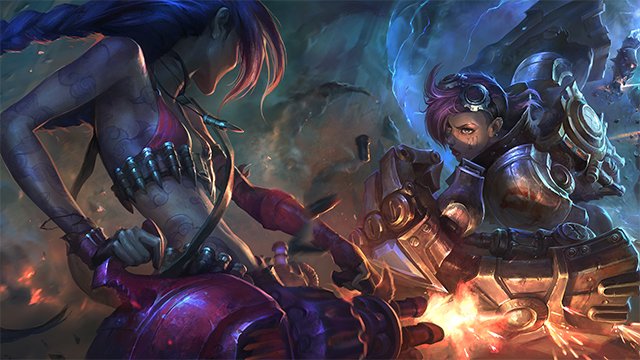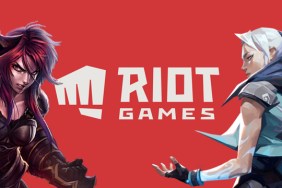As gaming and the culture at large reckons with its blindspots and exclusive tendencies, more and more people and companies will be put under the microscope. Riot Games, developers of League of Legends, has been examined quietly for months and, according to a recent report, is being accused of fostering a horribly toxic, male-dominated frat culture for years. Riot has some responses within the story but multiple men and women, both on and off the record, within the same article dispute the studio’s statements.
Kotaku starting digging into the alleged ongoing sexist culture at Riot Games in December 2017 by interviewing 28 former and current staffers in the following months. Some weren’t even involved with game development and, instead, held tertiary office positions within the company. While a few women said they weren’t discriminated against, many had described multiple scenarios where the deeply rooted “bro culture” had held them back, shut them up, or kicked them out. The depth of that culture made it hard for higher ups to identify issues since the current rules worked for them and blinded them to how it could work against others.
The allegations from the multiple sources run the gamut from similar situations said by women in other adjacent industries. According to those sources, women were often talked over, objectified in private over email, passed over for promotions, sent unwanted genitalia pictures, repeatedly questioned about their “gamer cred,” and criticized for possessing the qualities — like giving direct feedback and being loud — that men don’t get judged for. The anecdotes explaining these events were corroborated by multiple people and even effected the men, according to Kotaku. One male employee even said that one person would, if no women were in the room, “just fart on someone’s face.”
Part of the problem has to do with Riot Games’ idea of what their employees should look and act like. It encourages their employees to “Stay hungry; stay humble” but that mentality makes it almost impossible for introverts to make their ideas known, especially if they are a woman. Co-founder Marc Merrill’s statement was inconsiderate of those feelings, stating that people should not expect that the world will “bend to accommodate their unique situation to an unreasonable degree.” Essentially, that attitude ensures that only certain types of people work at Riot.
Riot Games seems to have taken steps to address the inequality, but those efforts haven’t had many tangible results. They’ve been slowly changing the terms on their website from adding a “diversity and inclusion” page to swapping out the phrase “code ninja” in their job descriptions to not dissuade women from applying. Riot even has a diversity and inclusions initiatives and bias training. Although, this won’t work because of how ingrained that culture is in the studio, according to one male Rioter.
“In the end, you can disguise a pig with lipstick, but it’s still a pig, man,” he said.
This article has been spread by many former and current Riot employees and surrounding community on Twitter, further giving credence to the stack of claims. Some of tweets even allege that women were raped and groped at Riot events to the point of it becoming “standard.”
While gender discrimination is, sadly, not new in the gaming realm, articles like this shed light on the dark subject in hopes to expose the bigotry and harbor a more inclusive industry. Riot’s size and influence give this issue more weight since it shows how deep sexism runs in this industry and how high it goes. The exhaustive list of details in this article are pretty damning but, if Riot has the will, it can use its size to grow and learn in a way that sets a positive example.







